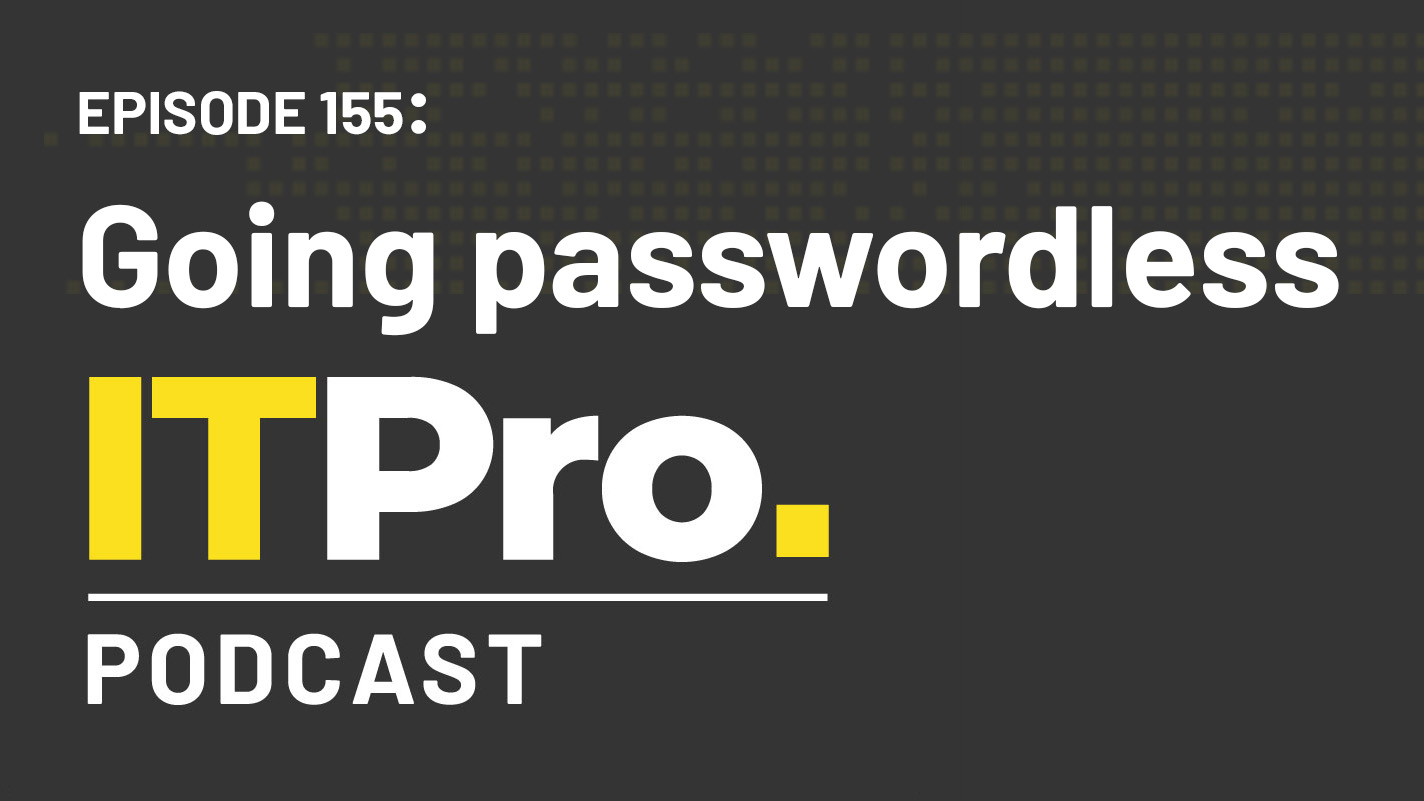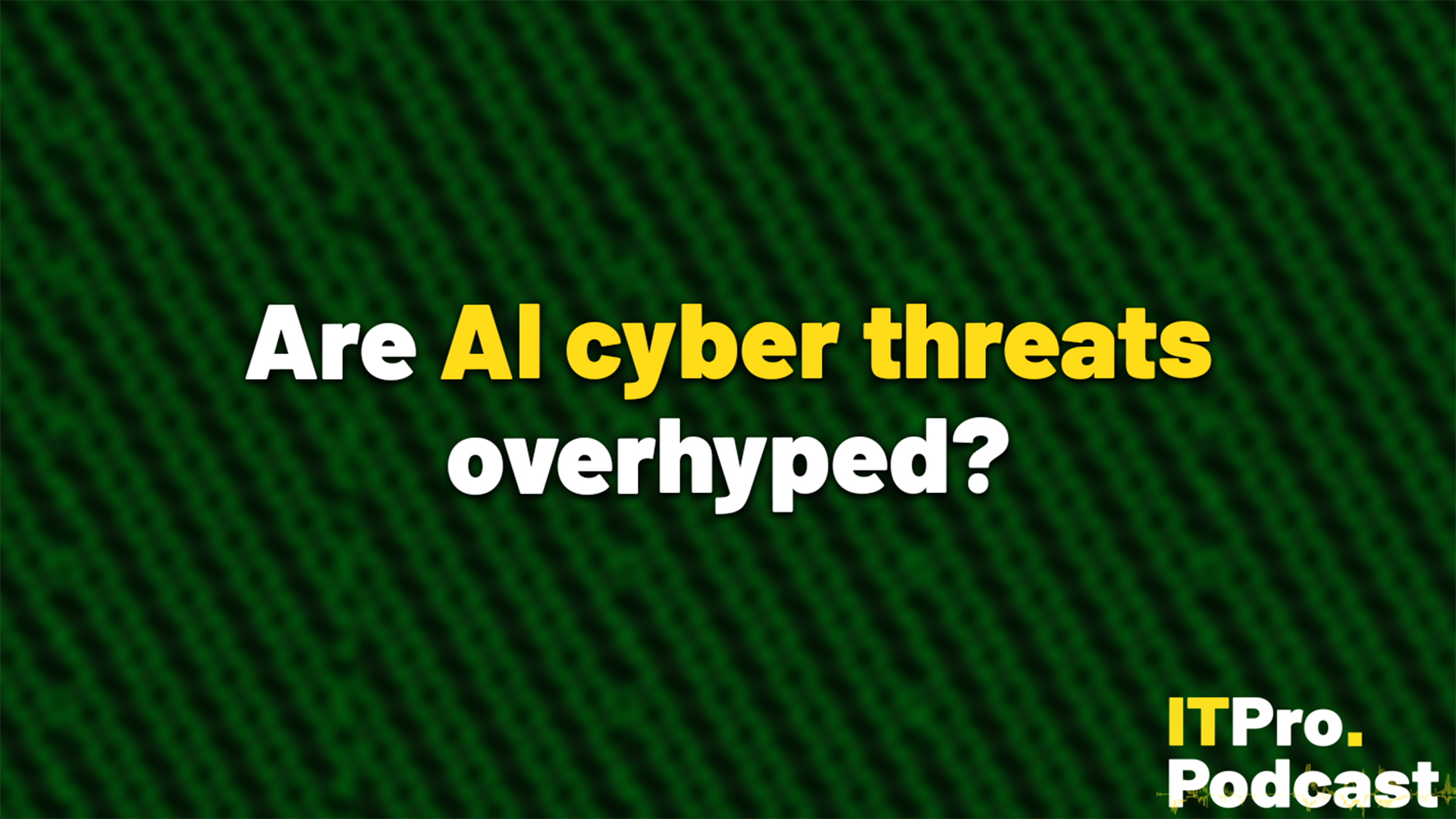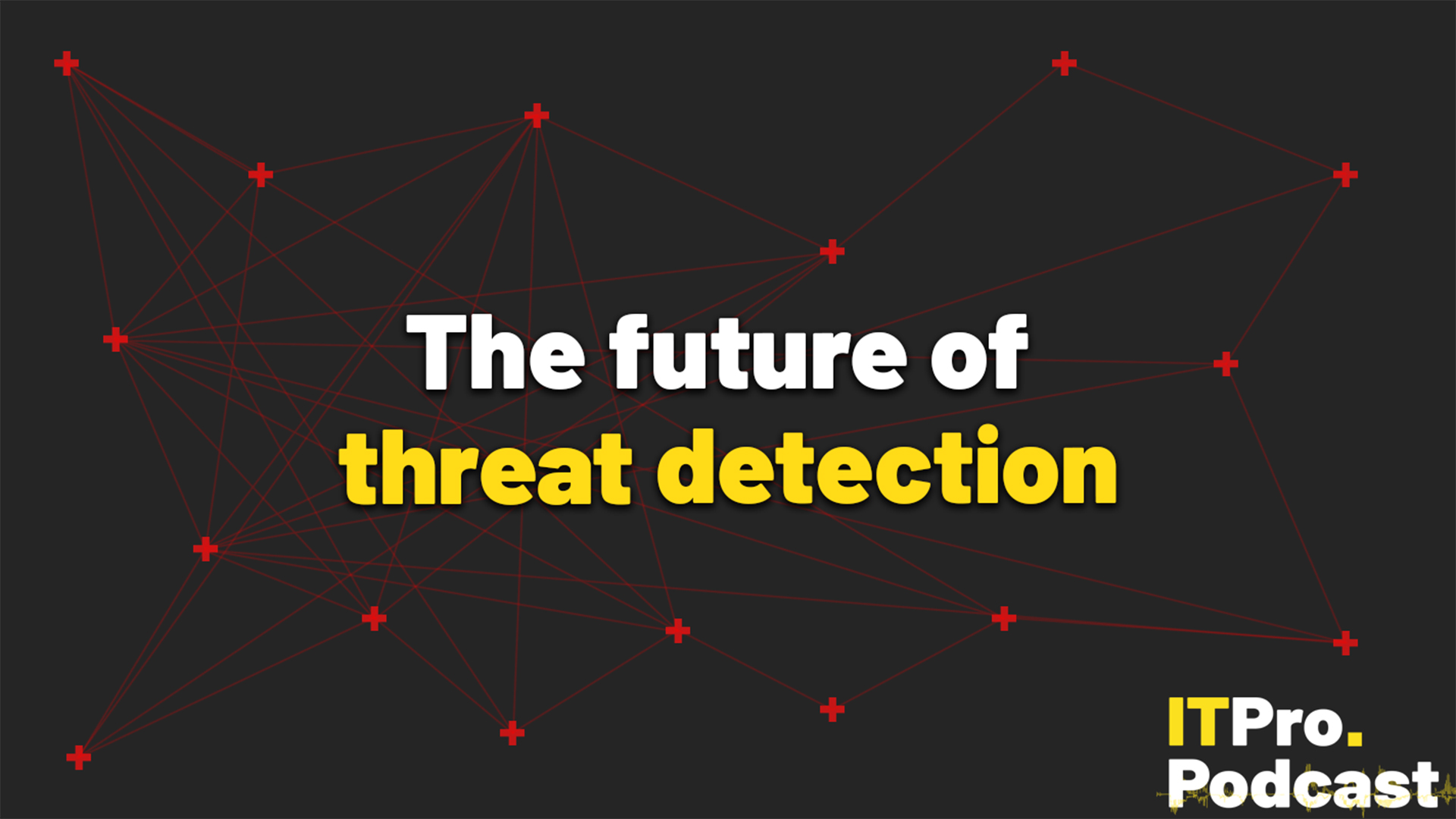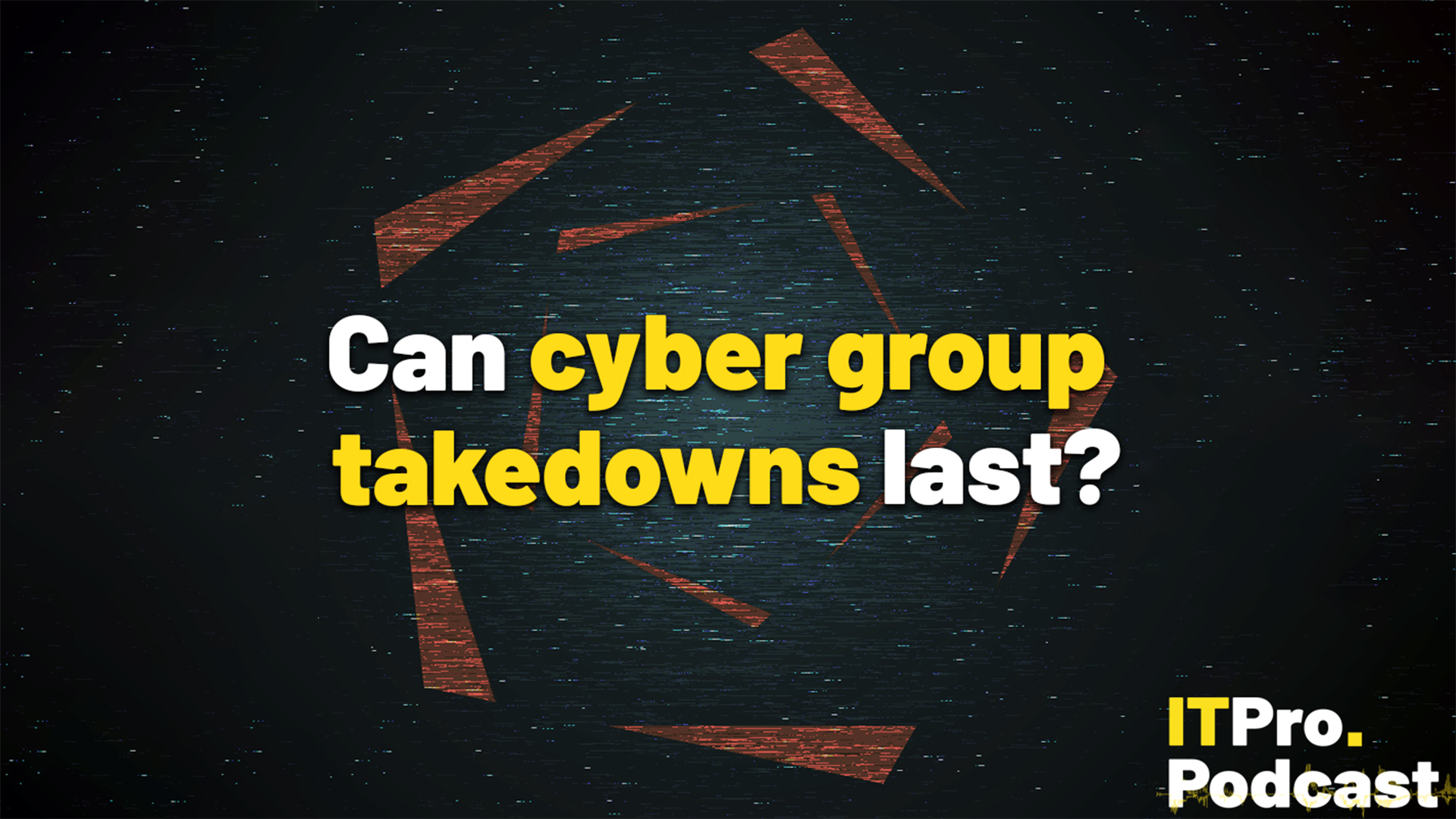
Sign up today and you will receive a free copy of our Future Focus 2025 report - the leading guidance on AI, cybersecurity and other IT challenges as per 700+ senior executives
You are now subscribed
Your newsletter sign-up was successful
Passwords: they can be tricky at the best of times. Proper password hygiene is one of the most important factors in endpoint security, as it keeps sensitive data secure and prevents threat actors from getting into important systems.
But despite the risks, the use of weak or recycled passwords continues to be a problem even amongst IT professionals. While systems such as two factor authentication have been used as an extra layer of security, groups like the FIDO Alliance and World Wide Web Consortium have been working to make passwords a thing of the past, in favour of more secure methods.
This week, we spoke to Richard Meeus, EMEA director of security & technology strategy for Akamai Technologies, to explore the solutions driving secure sign ons, and how the sector can adapt to this change.
Highlights
“The criminals know that we are bad with passwords, and we just use something like our pet's name or something like that. And it's relatively easy for people to get the passwords or, as most commonly happens, an organisation will be breached and their password and username database will be leaked out onto the internet. And then, those usernames and passwords are reused against websites all over the planet.”
“The concept of security authentication has always been based around, sort of, one of three concepts. So there's something you know, which is a password, something you are, which is your biometric. So use your face print or your thumbprint, or something like that. Or something you have, which could be a USB token, or something that you can punch numbers into as a handheld device. So one of those three things, and we've relied upon the something you know, predominantly, which is the password.”
“Anything that we can do within security that actually makes lives easier for end users, and makes them more secure, is a good thing. And reducing passwords, reducing the use of passwords is a good thing, because nobody likes them.”
Read the full transcript here.
Sign up today and you will receive a free copy of our Future Focus 2025 report - the leading guidance on AI, cybersecurity and other IT challenges as per 700+ senior executives
Footnotes
- Revealed: The top 200 most common passwords of 2022
- If not passwords then what?
- What are biometrics?
- What is two-factor authentication?
- What is multi-factor authentication (MFA) fatigue and how do you defend against attacks?
- How to implement passwordless authentication
- Best password managers
- Best free password managers
- The sooner the FIDO Alliance can shut down passwords, the better
- Will FIDO passwordless authentication save cyber security?
- The top 12 password-cracking techniques used by hackers
Subscribe
ITPro is a global business technology website providing the latest news, analysis, and business insight for IT decision-makers. Whether it's cyber security, cloud computing, IT infrastructure, or business strategy, we aim to equip leaders with the data they need to make informed IT investments.
For regular updates delivered to your inbox and social feeds, be sure to sign up to our daily newsletter and follow on us LinkedIn and Twitter.
-
 ITPro Best of Show NAB 2026 awards now open for entries
ITPro Best of Show NAB 2026 awards now open for entriesThe awards are a fantastic opportunity for companies to stand out at one of the industry's most attended shows
-
 Mistral CEO Arthur Mensch thinks 50% of SaaS solutions could be supplanted by AI
Mistral CEO Arthur Mensch thinks 50% of SaaS solutions could be supplanted by AINews Mensch’s comments come amidst rising concerns about the impact of AI on traditional software
-
 Redefining risk management
Redefining risk managementSponsored Podcast With a Risk Operations Center (ROC), leaders can proactively crack down on cyber risks instead of simply reacting to them
-
 Are AI cyber threats overhyped?
Are AI cyber threats overhyped?ITPro Podcast As cyber teams turn to the threats posed by AI, rising attacks by state-sponsored groups and ransomware gangs remain the biggest threat
-
 The future of threat detection
The future of threat detectionITPro Podcast To fight sophisticated threats, cybersecurity teams will need to unify data like never before
-
 November rundown: CrowdStrike's insider threat
November rundown: CrowdStrike's insider threatITPro Podcast As CrowdStrike grappled with a malicious employee, Cloudflare suffered a major outage
-
 Getting a grip on digital identity
Getting a grip on digital identityITPro Podcast As AI agent adoption explodes, security leaders will need better identity controls than ever before
-
 Let’s talk about digital sovereignty
Let’s talk about digital sovereigntyITPro podcast In the age of AI and cloud, where data resides is a key consideration
-
 Blackpoint Cyber and NinjaOne partner to bolster MSP cybersecurity
Blackpoint Cyber and NinjaOne partner to bolster MSP cybersecurityNews The collaboration combines Blackpoint Cyber’s MDR expertise with NinjaOne’s automated endpoint management platform
-
 Can cyber group takedowns last?
Can cyber group takedowns last?ITPro Podcast Threat groups can recover from website takeovers or rebrand for new activity – but each successful sting provides researchers with valuable data

